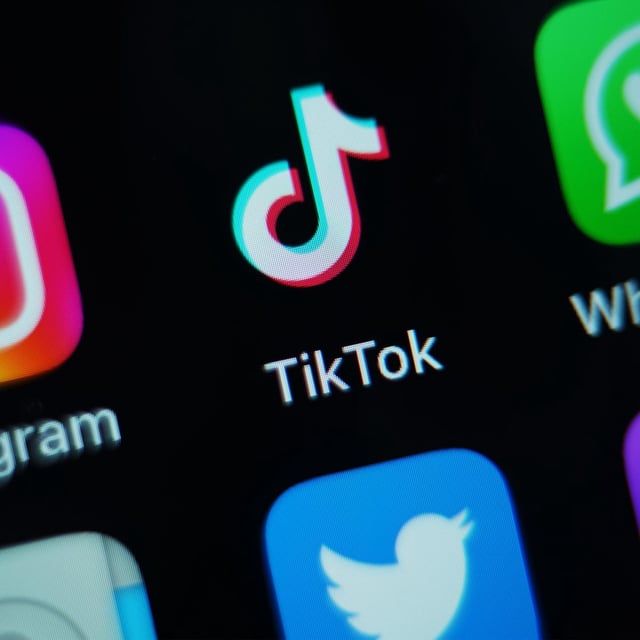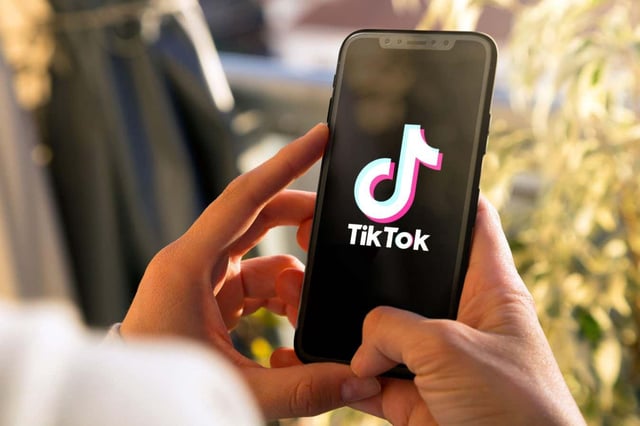Overview
- A study published in PLOS ONE found that less than 50% of claims in the 100 most-viewed ADHD TikTok videos adhere to clinical guidelines.
- TikTok's algorithm promotes ADHD-related content based on user engagement, reinforcing confirmation bias and creating echo chambers.
- Young adults consuming more ADHD TikTok content are more likely to overestimate the prevalence and severity of ADHD symptoms.
- Creators often share personal ADHD experiences without clarifying their limited applicability, contributing to misunderstandings and potential self-diagnosis.
- Experts urge users to verify ADHD-related information through reputable sources and consult medical professionals for accurate guidance.



